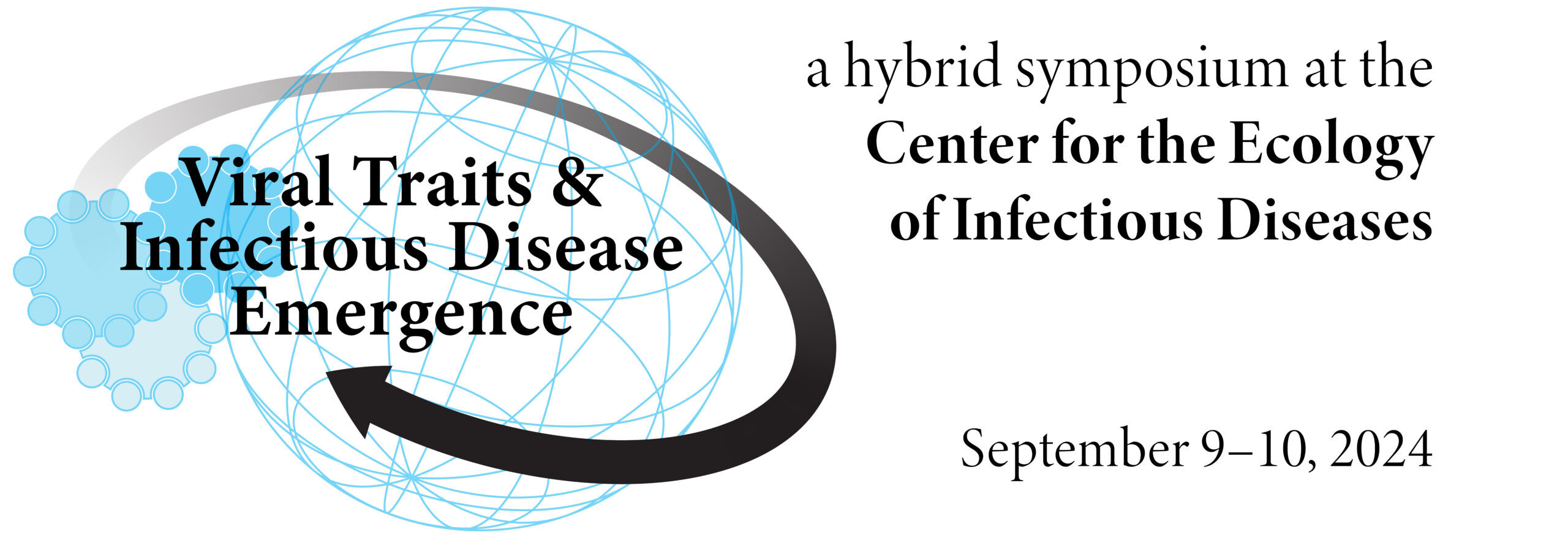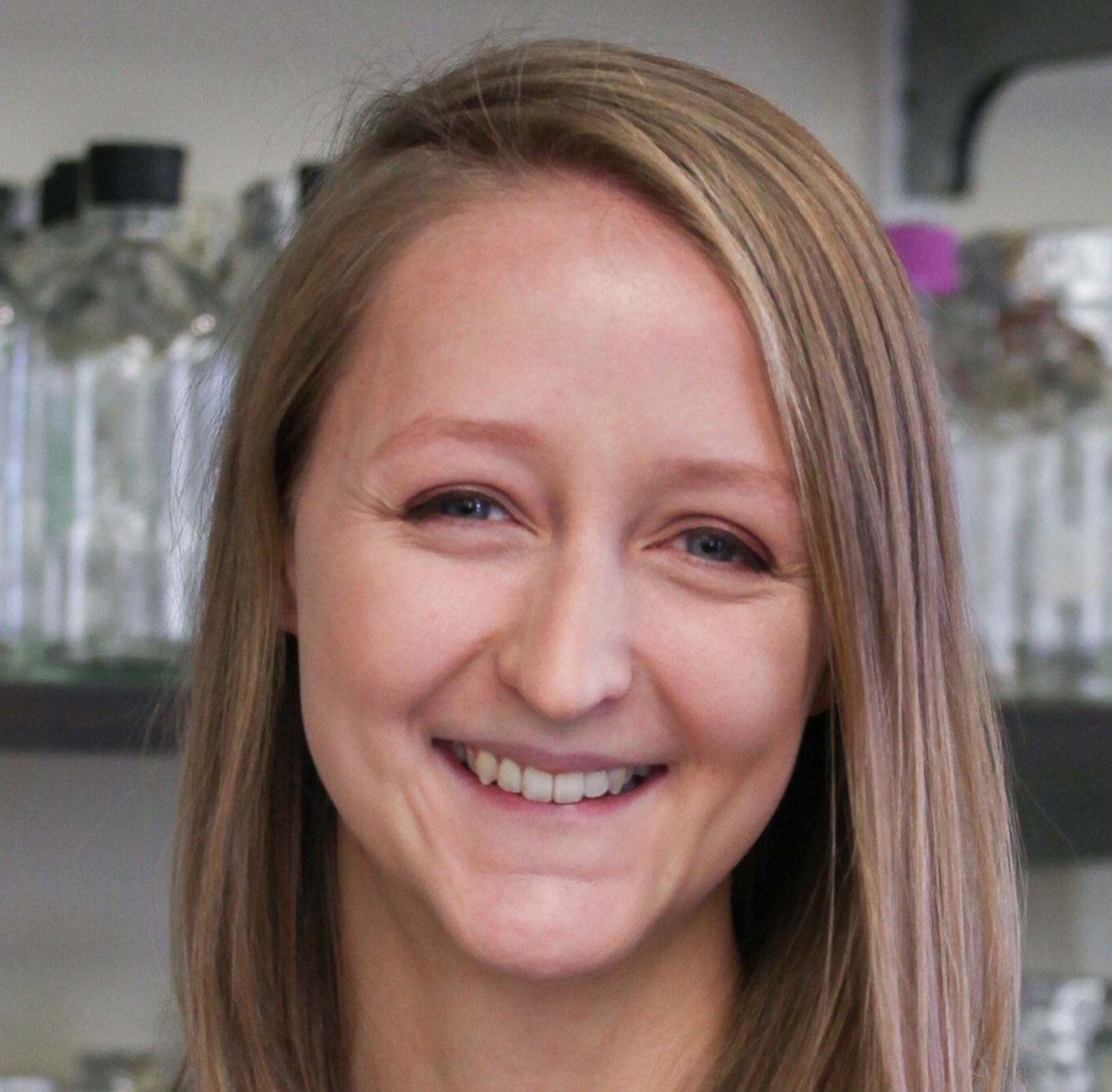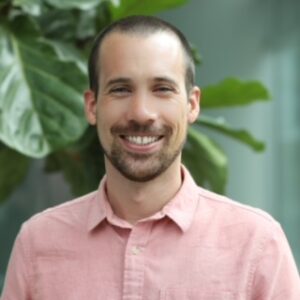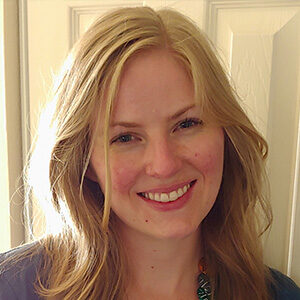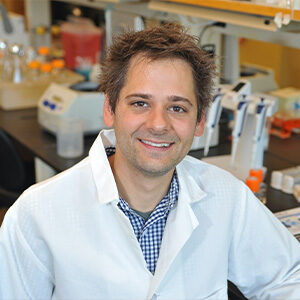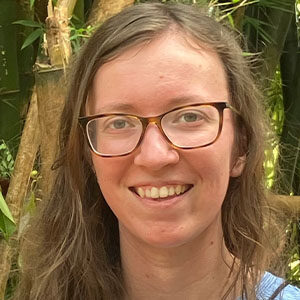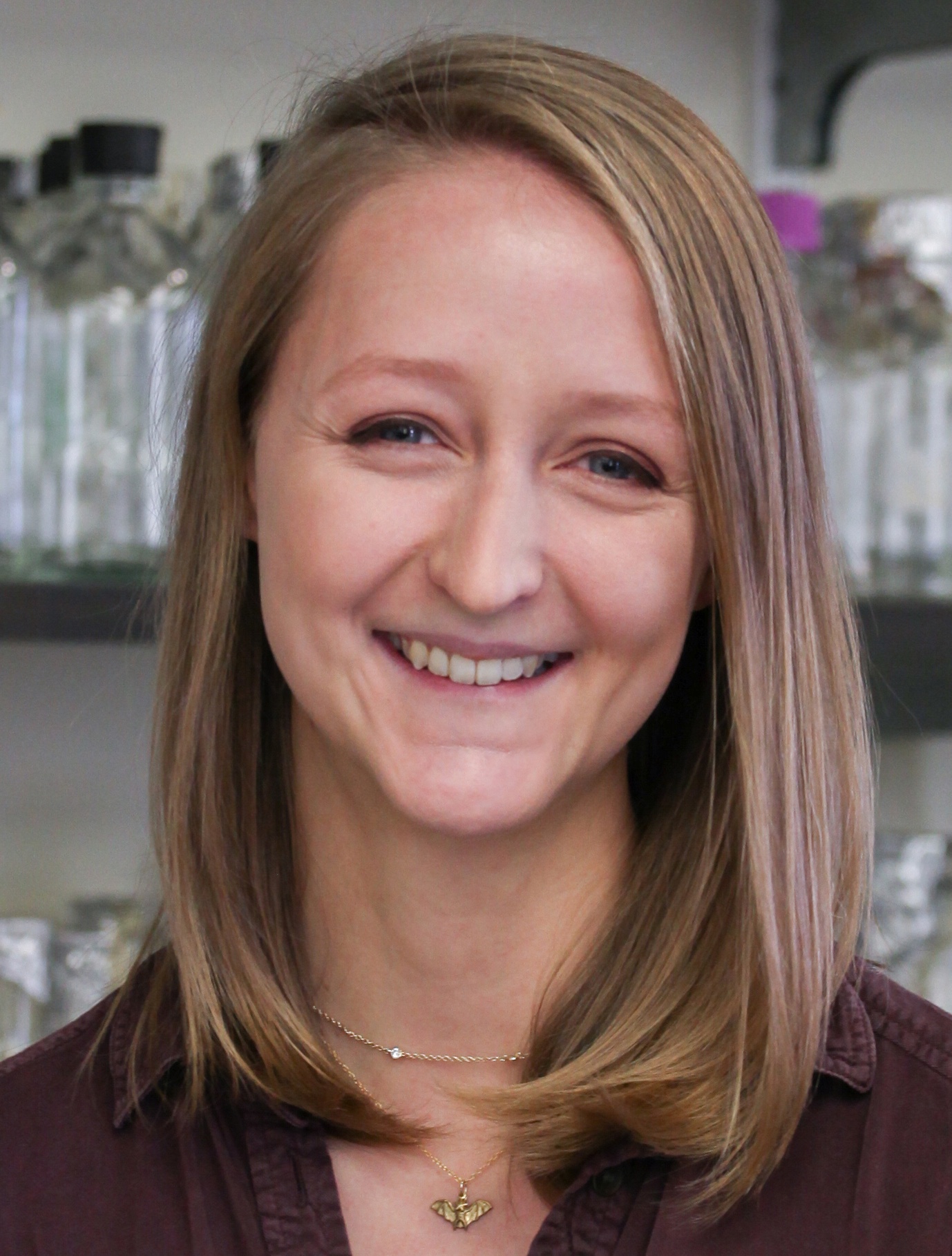
Heather Wells
Postdoctoral Fellow
Department of Pathology, Microbiology, & Immunology School of Veterinary Medicine
University of California, Davis
Lab website: https://anthonylab.vetmed.ucdavis.edu/
“Genetic and Ecological Drivers of Coronavirus Recombination”
Heather is a Postdoctoral Fellow in the Anthony Lab utilizing her background in mathematics and computer programming to study evolutionary mechanisms associated with the spillover of viruses from wildlife. Her current research aims to develop an evolutionary framework for understanding the mechanism of recombination in coronaviruses by comparing patterns of natural and experimental recombination. Lately, she’s been spending her days developing computational algorithms for identifying and analyzing recombination in experimental data and designing mathematical models for understanding how these patterns do (or do not) support specific evolutionary hypotheses. When she’s not deep in the weeds of viral evolution, she loves spending time with the weeds in her actual garden, hiking, knitting, antiquing, and extensively spoiling her orange cats.
